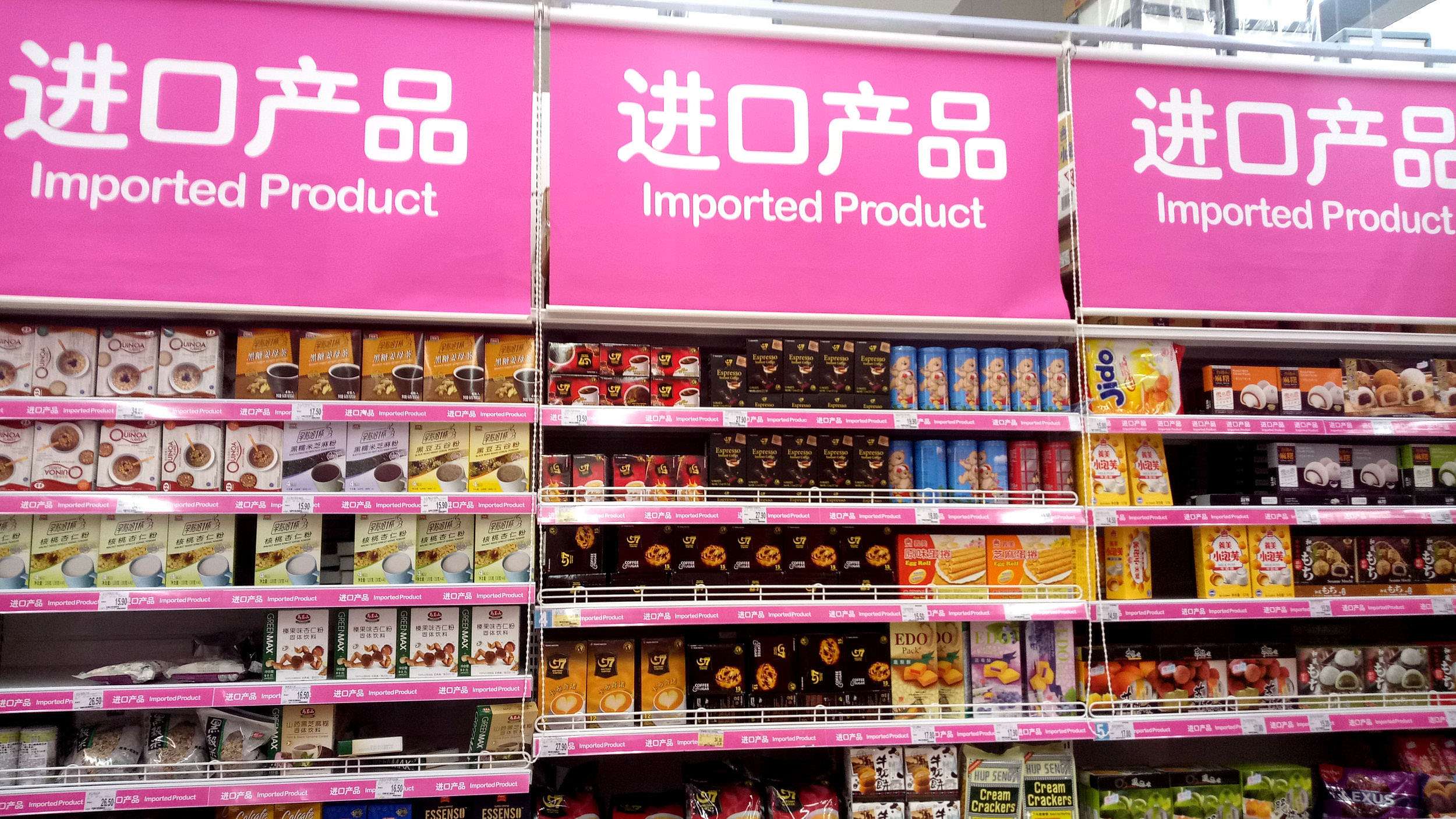
Opinions
23:23, 02-Nov-2018
Opinion: China’s new tariff cuts boost local economy but hinder US exporters
Updated
22:50, 05-Nov-2018
CGTN's The Point
01:36

China reduced tariffs on imports ranging from textiles to steel products on November 1, a decision made by China's State Council in a bid to serve the country's industrial upgrading, lower corporate costs, and meet domestic demand.
Beijing has been promoting a “more balanced international trade policy”, said Zhang Jianping from the Chinese Academy of International Trade and Economic Cooperation, explaining that the Chinese economy needs more imports rather than exports.
The new measure will cover 1,585 taxable items and lower the country's overall tariff rate to 7.8 percent, down from 9.9 percent in 2017, saving an estimated total of 60 billion yuan (8.7 billion US dollars) for firms and consumers, Xinhua reported.
Timothy Stratford, managing partner of Covington & Burling LLP, Beijing, hailed the Chinese government's such effort as “positive”, adding tariff reduction is a “great, classical” way to make the economy more competitive.
“If you lower tariffs on steel, your car producers can buy less expensive steel, and the auto industry will be more competitive,” he said.
The new reduction marks the fourth time Beijing has trimmed tariffs just this year and took place the same day that US President Donald Trump made a phone call to Chinese President Xi Jinping over trade tensions between the two biggest economies.
During the conversation, Trump said the US would like to continue to expand exports to China. However, Stratford doubted American products would be relatively “less competitive” than products from other countries due to Beijing's latest retaliatory tariffs.
“In some ways, American companies may have to stand a little bit on the sidelines and say these tariff reductions are going to benefit exporters from other countries but not the US,” Stratford said.
Zhang agreed that American companies could also enjoy such benefits if the US side chooses to ease the trade frictions.
Meanwhile, Bloomberg on Monday reported that the US is mulling over new tariffs on all remaining Chinese imports if Trump-Xi talks fail at the G20 summit in Argentina next month. However, Thursday's phone conversation likely injected some confidence into the upcoming meeting as Trump addressed the importance of US-China economic and trade cooperation as well as mutual exchanges and consultations.
(If you want to contribute and have specific expertise, please contact us at opinions@cgtn.com)

SITEMAP
Copyright © 2018 CGTN. Beijing ICP prepared NO.16065310-3
Copyright © 2018 CGTN. Beijing ICP prepared NO.16065310-3